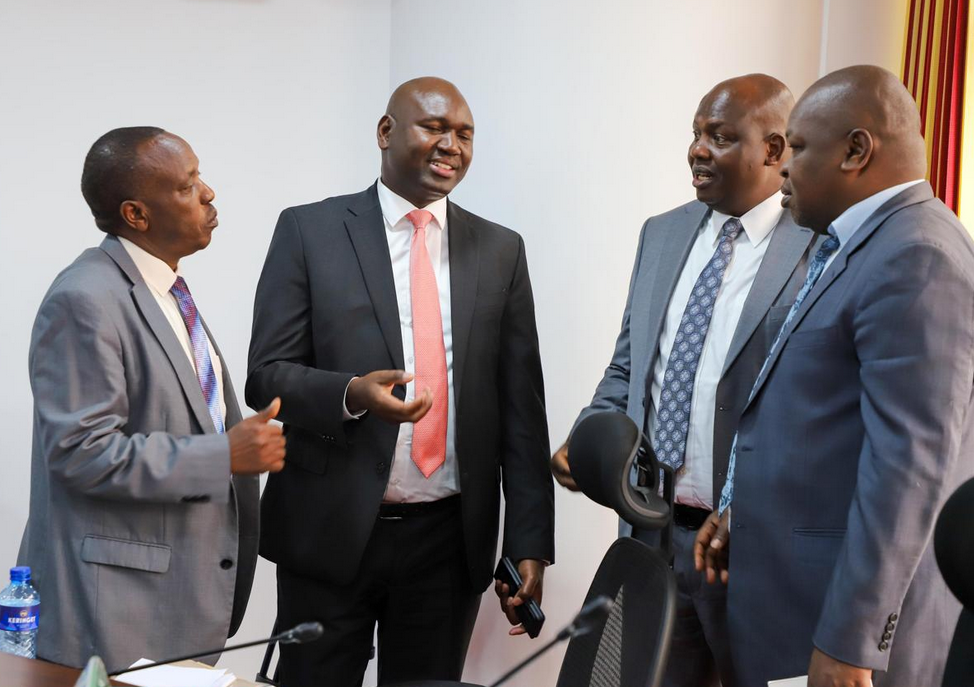
The Interior Ministry has called for enhanced government funding to address growing challenges in managing refugee affairs in the country.
The appeal comes amid reports that the Department of Refugee Services (DRS) is facing severe underfunding, which has hindered its ability to effectively fulfill its mandate.
During a session with the National Assembly’s Committee on Regional Development, State Department for Immigration and Citizen Services PS Julius Bitok emphasised the need for increased financial support.
The PS told the committee, led by Sigor MP Peter Lochakapong that additional funding would enable the DRS to address operational challenges and improve the management of the refugee population.
"In the fiscal year 2022/2023, the DRS was allocated Sh116,666,241. However, this allocation was reduced to Sh97,788,508 for the fiscal year 2023/2024," Bitok said.
He indicated that despite budgetary constraints, the DRS has continued to receive supplementary funding from the UNHCR, which has committed Sh468,926,194 for refugee management activities in 2024.
"Kenya is home to 804,594 refugees as of September 30, 2024, with the majority residing in two main camps: Dadaab, which hosts 402,191 refugees, and Kakuma, with 295,617 refugees. An additional 106,786 refugees live in urban areas," Bitok said.
The PS also pointed out that security remains a significant challenge in refugee camps.
"Al-Shabaab militants continue to pose a threat, with recent attacks in Dadaab, including the bombing of boreholes and roadside explosions targeting security personnel. These incidents have raised concerns about the safety of both refugees and host communities," he said.
He also acknowledged environmental challenges, such as deforestation and waste management issues, which complicate refugee management.
He noted that competition for scarce resources between refugees and host communities has further exacerbated tensions, placing additional strain on local infrastructure and natural resources.
“To improve management and service delivery, the government, in partnership with UNHCR, is working to develop an interoperable refugee database. This system will be integrated with key government departments and agencies to enhance coordination and service delivery for refugees,” the PS said.
He explained that the database will allow the government to gain more comprehensive insights into the refugee population, which is crucial for security and effective planning.
He added that the DRS and UNHCR currently share data through the UNHCR Refugee Management System, governed by a Memorandum of Understanding outlining roles, responsibilities, and data protection measures.
A key milestone in refugee management was the passage of the Refugee Act, 2021, which came into effect on February 22, 2022.
"The Act aligns with international conventions, including the 1951 UN Refugee Convention, the African Union Convention, and the Global Compact on Refugees," Bitok said.
He also noted that the Act established key institutions, such as the Refugee Advisory Committee (RAC) and the Refugee Status Appeals Committee (RSAC), to oversee the protection and welfare of refugees.







